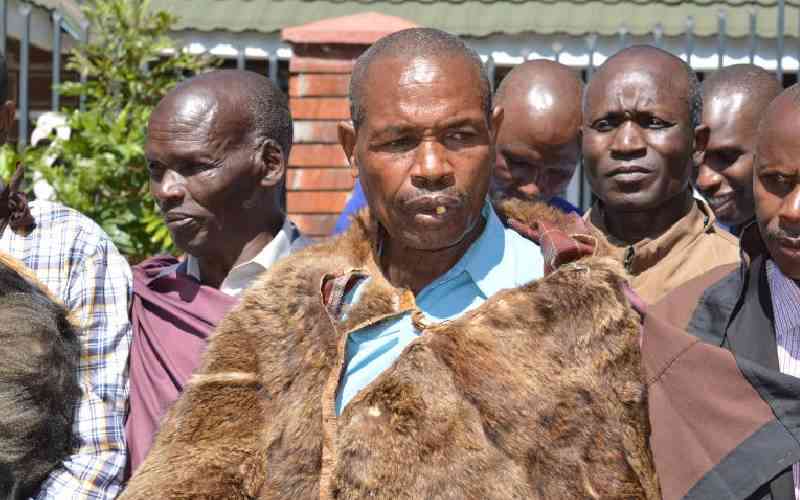×
The Standard e-Paper
Join Thousands Daily

Ten months after a landmark ruling by the African Court of Human and Peoples' Rights on Ogiek community, the government of Kenya has illustrated a reparation plan for the community.
The court based in Arusha, Tanzania, made a ruling ordering the government of Kenya to recognise the Ogieks as an indigenous community, demarcate and issue a collective title for their claimed ancestral land among other reparations.